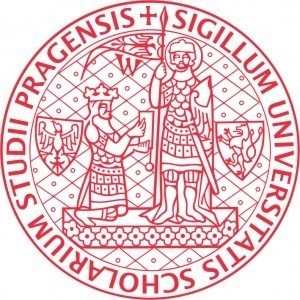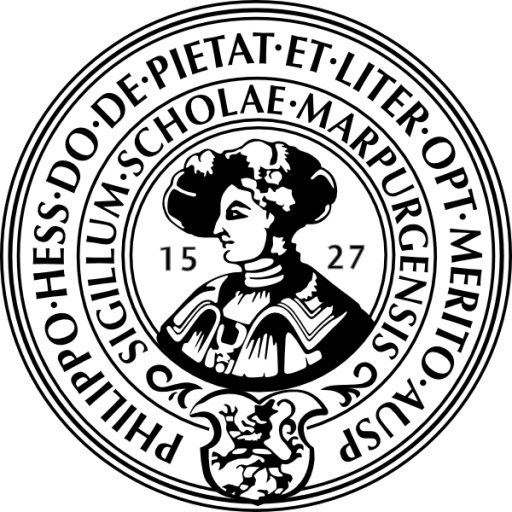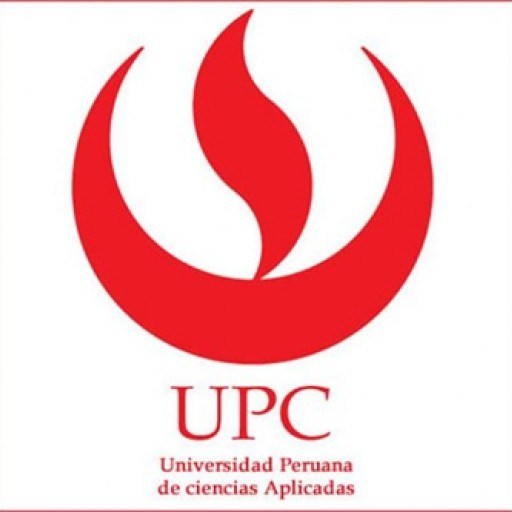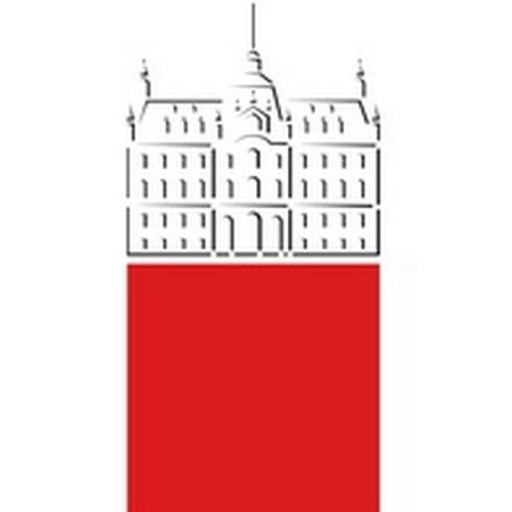Photos of university / #unibirmingham
The Modern Languages and European Studies programme at the University of Birmingham offers students a comprehensive and immersive education in the languages, cultures, and histories of Europe. This degree is designed to develop advanced language skills alongside a deep understanding of European societies, their institutions, and their interconnected histories. Students have the opportunity to choose from a wide range of European languages, including French, German, Spanish, Italian, and others, enabling them to attain fluency and intercultural competence. The programme combines rigorous language training with modules in literature, politics, economics, history, and cultural studies, providing a multidisciplinary approach to European studies.
Throughout the course, students engage in various forms of learning, including lectures, seminars, language laboratory sessions, and independent research projects. The programme emphasizes practical language use, cultural awareness, and critical thinking, preparing graduates for careers in international business, diplomacy, government, media, academia, and cultural sectors. Additionally, students can participate in Erasmus exchanges and study-abroad options, gaining invaluable international experience and real-world language practice.
The degree also offers pathways into specializations such as European politics, translation, and intercultural communication, allowing students to tailor their studies towards their interests and career aspirations. The faculty comprises experienced lecturers and researchers who are experts in their fields, providing students with mentorship and guidance throughout their academic journey. Upon graduation, students will possess a nuanced understanding of European languages and cultures, along with versatile skills in communication, analysis, and intercultural engagement, making them highly competitive in a globalized job market. The programme aims to foster a lifelong engagement with European languages and cultures, equipping students with the knowledge and skills to contribute meaningfully to international and intercultural contexts.
Detailed Course Facts
Application deadline None, but early application advised Tuition fee Not specified Start date September 2015 Duration full-time 48 months Languages Take an IELTS test- English
Course Content
First year
All students follow compulsory language modules in every year of study, as well as modules that focus, in depth, on the culture and society of the different European countries. The proportion of time spent on cultural topics or on language depends on whether you study one language or two. The core module in the first year is:
- Approaches to European Culture: Methods, Theories and Histories
Optional modules include:
- Landmarks in European Literature
- Landmarks in European Film
- Media, Culture and Communication
Second year
In the second year students continue with their language study and also choose optional modules, such as:
- The European Novel
- European Cinema
- European Media Culture
- European Cultural Theory
Year abroad
A vital part of the programme is the time you spend abroad. This will normally be at one of our partner institutions, following approved university courses. While you are abroad, you follow courses and, where required, take examinations.
The year abroad, together with your second year, counts 25% towards the final degree classification.
Fourth year
In the final year students continue with their language study and also choose optional modules, such as:
- Translation Theory and Practice in Europe
- Fascism in Western Europe
- Modernism in Europe: Image, Text, Sound
- The Political Thriller on Film: Genre, Ideology and Emotion
- Independent Study
English Language Requirements
CAE score : 80(Grade A)
To study at this university, you have to speak English. We advice you to
take an IELTS test. More About IELTSRequirements
Number of A levels required: 3
Typical offer: ABB
International Baccalaureate: 34 points including an appropriate modern foreign language at SL
Required subjects and grades: A level (or equivalent) in a modern language; all combinations inolving French require an A level or equivalent in French.
Additional information:
Other qualifications are considered.
Please state the language that interests you in Section 3F of your UCAS form.
International students:
Standard English language requirements apply: IELTS 6.5 with no less than 6.0 in any band; TOEFL IBT 93
Work Experience
No work experience is required.
Related Scholarships*
- Academic Excellence Scholarship
"The Academic Excellence Scholarship can provide up to a 50 % reduction in tuition per semester. These scholarships will be renewed if the student maintains superior academic performance during each semester of their 3-year Bachelor programme. The scholarship will be directly applied to the student’s tuition fees."
- Access Bursary
Bursary for UK students all subjects where the variable tuition fee rate is payable.
- Alumni Bursary
Alumni Bursary for UK Undergraduate students
* The scholarships shown on this page are suggestions first and foremost. They could be offered by other organisations than University of Birmingham.
The Modern Languages and European Studies program at the University of Birmingham offers students an opportunity to develop advanced language skills alongside a comprehensive understanding of European cultures, societies, and political landscapes. This multidisciplinary degree is designed to provide a strong foundation in at least one modern language, such as French, German, Spanish, or Italian, with options to study additional languages depending on student interest and language proficiency. The program emphasizes both linguistic competence and cultural awareness, enabling graduates to communicate effectively in diverse settings and to analyze contemporary and historical issues related to Europe.
Students begin their studies by building core language skills through immersive coursework, alongside modules in linguistics, translation, and intercultural communication. As they progress, they choose from a broad range of optional modules that cover topics like European politics, history, literature, media, and film. The program encourages international engagement through year abroad options, where students spend an academic year studying or working in a country where their chosen language is spoken. This experience enhances language proficiency and provides invaluable cultural insights, preparing students for careers in international business, diplomacy, education, journalism, or further academic research.
The program's interdisciplinary approach aims to foster critical thinking, cross-cultural understanding, and communication skills that are highly valued in the global job market. Moreover, students benefit from the university’s strong academic links across Europe, and the curriculum is regularly updated to include contemporary issues such as migration, European integration, and digital communication. The degree culminates in a dissertation or research project, allowing students to explore a topic of particular interest in depth, often linking language with cultural, political, or societal themes.
The university provides excellent resources including language labs, access to extensive digital libraries, and study abroad programs, ensuring students are well-supported throughout their studies. The program is suitable for students with a passion for languages and European cultures, aiming to develop multilingual, culturally aware individuals equipped to thrive in international environments. Graduates of the Modern Languages and European Studies program at Birmingham have gone on to work in international organizations, translation and interpretation services, media, education, government, and academia, demonstrating the program’s ability to prepare students for a broad range of professional pathways.







